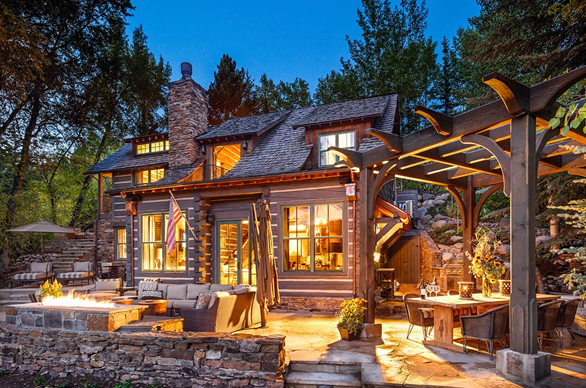|
You may have come across the term “asset allocation” as you read about investing. It’s one of the most important concepts to understand, and isn’t as complicated as it sounds.
Even though almost anything we own is an asset (furniture, cars, education, art), the assets we’re addressing here are stocks, bonds, and cash. Each asset type carries a certain amount of risk and reward (called return). Cash is the lowest risk – a $100 bill won’t turn into $50 if you put it in your sock drawer for a month. But it’s also the lowest return – that $100 bill won’t magically turn into $200, either. Stocks are the other end of the spectrum: high risk, high return. If you’re not thinking “how can I get the highest return while taking the lowest risk?” you may be asleep at your desk. Pay attention! The goal is to maximize return while minimizing risk. Since there are virtually unlimited combinations of assets in a portfolio, you can choose the risk/return scenario that you feel most comfortable with. Generally, the younger you are, the more stocks you should own. In fact, there’s a simple formula for calculating the percentage of stocks to own: 130 (or 120) minus your age. For most millennials saving for retirement, stocks are the way to go, with perhaps a minor allocation to bonds and cash. Until next time, - MMM
0 Comments
We all like lists, so I put this one together to highlight what I've found to be the Best 8 Rules of Investing.
Consider each of these when thinking about your investment goals. Did I miss any? - MMM Setting and achieving goals is the whole point of personal finance! Why don't more people talk about goals?! Asset allocation sounds bland on it's own, but when it's in the context of an awesome, exciting goal, it's worth learning about. I'm not a materialistic person by any means, but it's my dreams that keep me motivated. Allow me to introduce The Lake House. Now I don't actually know where the Lake House will be. Or how much it'll cost. Or when I'll buy it. But I have some ideas. I'd like to find one within a few hours' drive from my apartment. I'd like friends and family to be able to visit for spontaneous weekend trips or to fly in for a week or two. I'd like to have a few extra bedrooms for the Fourth of July or Memorial Day parties, 2-3 bathrooms, and plenty of parking. Wouldn't it be great to be able to go swimming, fishing, hiking, canoeing in the summer; ice skating and cross country skiing in the winter? 2020 sounds like a reasonable timeline that will give me a few years to get organized. When I first thought about The Lake House, it seemed out of reach. But now it seems more feasible. Let's just say I can find a place like this for $250k (and that it has enough parking!)
Now for the dollars: things like a down payment, taxes, insurance, broker fees, utilities, repairs, rent, and so on will all be important. I don't necessarily know what that'll look like, but I have an idea. 20% is typically recommended or required as a down payment, and it could be more. I'll need in the ballpark of $50k. (Maybe more due to closing costs and other fees. But we'll keep the numbers round.) Taxes, utilities, repairs, etc. will all depend on location, square footage, age, etc. But let's assume this runs about $500/month. And a 30 year, $200k mortgage for someone with good credit will be a little less than $1,000/month (not including taxes, and assuming a 4% interest rate). So now I've quantified my goal: I'll need about $50k up front and another $1,500 a month. The numbers aren't critical at this point, because I have a few years to tighten them up. The key is just to have the goal, even if it's not 100% accurate. The beauty of the lake house is that I could probably rent it out to people on vacation. Let's assume the house will be desirable for short term vacation rentals for $1,000/week, and that there's sizable demand. If I can rent it for 2-4 weeks a month, 6-10 months each year, my carrying costs will be covered. So the big task is to come up with that $50k by 2020. That works out to about $1,000/month if today is Day One. True, I could lease a pretty sweet BMW or go out for fancy dinners every weekend, but I'd rather put the money toward the house. The best motivation to stick to a financial plan is your exciting, long term goal. It's about starting with a dream (fancy lake house), making it realistic (affordable lake house that could be rented out for part of the year), and mapping out a plan (setting aside $1,000/month for 4 years). And besides, if you change your mind, you'll be able to put the savings toward something else. Because goals inspire us all, please share yours in the comments! Talk soon, MMM |

 RSS Feed
RSS Feed
